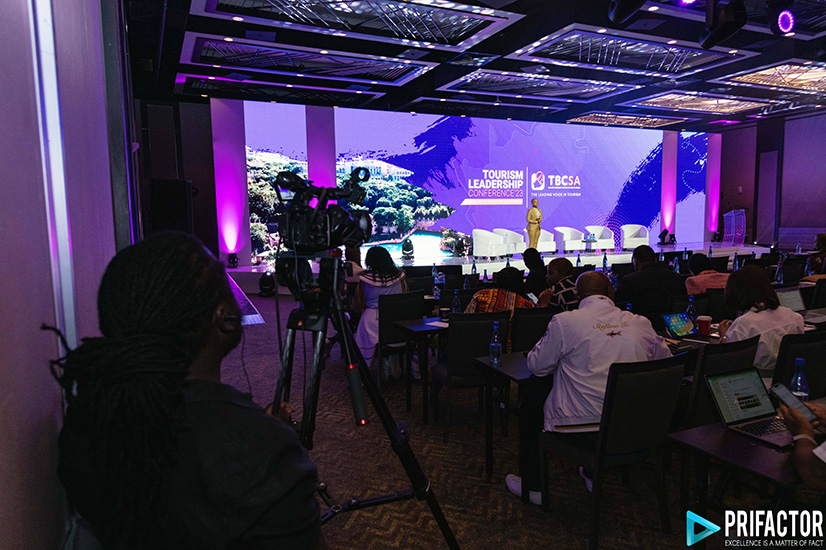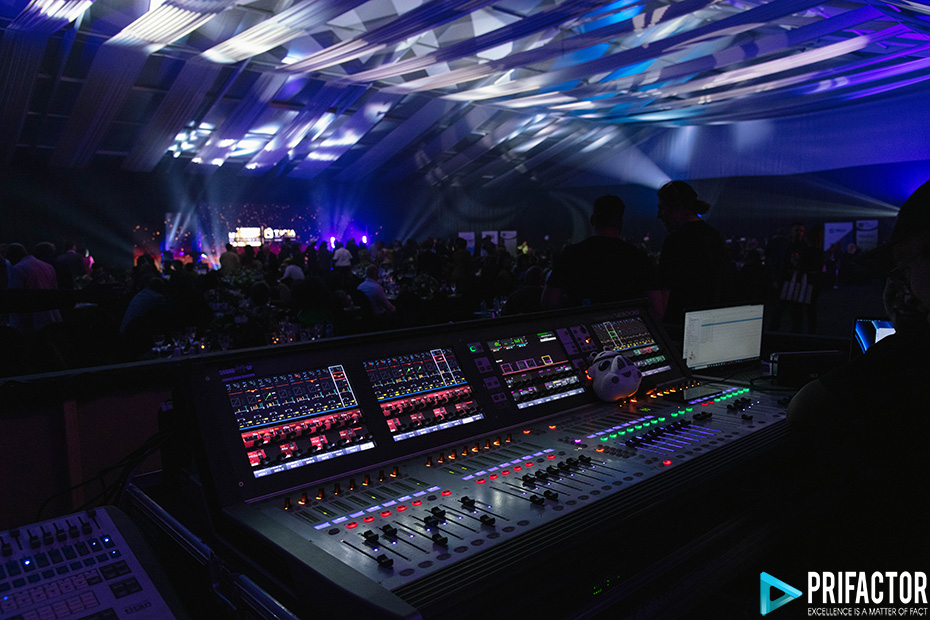Introduction
Planning an event can be a complex and often stressful task, and ensuring that you have the right audiovisual equipment and support is crucial to its success. From corporate conferences to weddings, audiovisual elements play a vital role in setting the right mood and ensuring your audience remains engaged. To achieve this, selecting the correct audiovisual supplier is paramount. In this blog post, we’ll explore the key factors to consider when choosing the right audiovisual supplier for your event.
1. Define Your Needs
Before you start searching for audiovisual suppliers, it’s essential to have a clear understanding of your event’s requirements. Consider the following questions:
- What type of event are you planning (conference, gala dinner, concert, etc.)?
- How many attendees will there be?
- What is your budget for audiovisual equipment and services?
- What specific audio and visual elements do you need (sound systems, screens, staging, lighting, etc.)?
By defining your needs, you can better communicate with potential suppliers and ensure they can meet your expectations.
2. Experience and Reputation
A supplier’s experience and reputation are crucial factors in making your decision. Research potential suppliers and consider the following:
- How long have they been in the audiovisual industry?
- Do they have experience working with events similar to yours?
- Can they provide references or case studies from past events?
An established supplier with a positive reputation is more likely to deliver the quality and reliability you need for your event.
3. Equipment Quality
The quality of the audiovisual equipment a supplier offers is of utmost importance. Outdated or malfunctioning equipment can lead to technical glitches during your event. Ensure that the supplier’s equipment is modern, well-maintained, and capable of meeting your event’s requirements.
4. Technical Support and Expertise
Even the best equipment is only as good as the people operating it. Check if the supplier provides technical support, including setup, operation, and troubleshooting during your event. Experienced and skilled technicians can handle unexpected issues and ensure everything runs smoothly.

5. Customisation and Creativity
Each event is unique, and your audiovisual elements should reflect that. Look for a supplier who can offer customised solutions and creative input to help you achieve your vision. They should be willing to work closely with you to understand your goals and design an audiovisual setup that aligns with your event’s theme or message.
6. Pricing and Transparency
Budget considerations are vital, but don’t let the cost be the sole determining factor. Compare quotes from multiple suppliers, but also consider the value they provide for the price. Transparent pricing and a clear breakdown of costs can help you avoid unexpected expenses down the line.
7. Backup Plans
Even with the best planning, technical issues can still occur. Inquire about a supplier’s backup plans in case of equipment failure or other unforeseen problems. A reliable supplier should have contingency measures in place to minimize disruptions to your event.

Conclusion
Selecting the correct audiovisual supplier for your event is a significant decision that can significantly impact its success. Take your time to research, ask questions, and consider the factors discussed in this blog post. By doing so, you’ll increase the likelihood of choosing a supplier who can provide top-notch audiovisual services, allowing your event to shine and leave a lasting impression on your audience.

